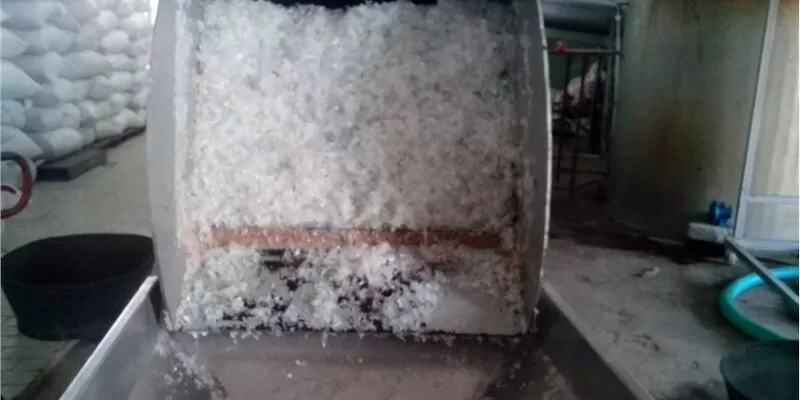Ever wondered how plastic pollution is shaping up in one of the world’s most populous countries? India faces a staggering challenge with plastic waste. The overflowing landfills, polluted rivers, and urban chaos might make you think it’s a lost cause. But hold on, there’s more to the story. India is not just grappling with the issue; it’s also implementing innovative solutions to tackle this environmental menace.

In short, India is addressing plastic pollution through stringent regulations, innovative recycling methods, and active community participation. Let’s delve into the specifics and see what’s happening on the ground.
Plastic pollution in India is a topic close to my heart. As the CEO of Amige, I see the importance of effective waste management daily. Let’s explore the current state of plastic pollution in India and the measures being taken to combat it.
How Severe Is the Plastic Pollution in India?
The Scale of the Problem
India generates over 25,000 tons of plastic waste every day. That’s right, every single day. This massive amount of waste often ends up in landfills, rivers, and oceans, causing severe environmental and health issues. The country’s rapid urbanization and economic growth have only exacerbated the problem.
Impact on Health and Environment
The consequences of plastic pollution are dire. It contaminates water sources, harms wildlife, and poses significant health risks to humans. Microplastics have infiltrated food chains, and burning plastic waste releases toxic fumes, contributing to air pollution.
What Are the Regulatory Measures?
Government Regulations
The Indian government has taken several steps to curb plastic pollution. In 2016, it introduced the Plastic Waste Management Rules, which mandate the segregation, collection, and recycling of plastic waste. These rules also ban certain single-use plastics, pushing for more sustainable alternatives.
Ban on Single-Use Plastics
India has also implemented a nationwide ban on single-use plastics, such as straws, cutlery, and bags. This ban aims to reduce plastic waste at its source, encouraging the use of biodegradable and reusable materials instead.
How Is the Recycling Industry Evolving?
Innovative Recycling Techniques
India is home to several innovative recycling initiatives. From converting plastic waste into road materials to creating fuel, these projects not only reduce waste but also add value to discarded materials. Companies and startups are at the forefront of these innovations, making recycling more efficient and profitable.
Informal Sector Contribution
The informal recycling sector, comprising ragpickers and small-scale recyclers, plays a crucial role in India’s plastic waste management. These workers collect and segregate waste, ensuring a significant portion of plastic gets recycled rather than ending up in landfills.
What Role Does Community Participation Play?
Public Awareness Campaigns
Public awareness campaigns are vital in the fight against plastic pollution. NGOs and government bodies run educational programs to inform citizens about the importance of reducing, reusing, and recycling plastic. These initiatives encourage people to adopt eco-friendly habits in their daily lives.
Community Clean-Up Drives
Community clean-up drives are also making a significant impact. Local communities regularly organize events to clean up plastic waste from streets, beaches, and parks. These drives not only beautify the environment but also foster a sense of responsibility and unity among participants.
What Are the Technological Innovations?
Waste-to-Energy Projects
Technological innovations are transforming India’s approach to plastic waste. Waste-to-energy projects, for instance, convert plastic waste into electricity and heat. These projects help manage waste while generating renewable energy, making them a win-win solution.
Smart Waste Management Systems
Smart waste management systems are being implemented in urban areas. These systems use sensors and data analytics to optimize waste collection and processing, ensuring that plastic waste is efficiently managed and recycled.
What Are the Future Prospects?
Government Initiatives
The Indian government continues to introduce new initiatives to combat plastic pollution. Future plans include expanding the ban on single-use plastics, enhancing recycling infrastructure, and promoting research into alternative materials.
International Collaboration
India is also collaborating with other countries to tackle plastic pollution. International partnerships aim to share knowledge, technology, and resources, fostering a global approach to managing plastic waste.
Conclusion
India’s battle against plastic pollution is multifaceted, involving regulatory measures, technological innovations, community participation, and international collaboration. While the challenge is immense, the steps being taken are promising. By continuing to innovate and work together, India can turn the tide on plastic pollution and pave the way for a cleaner, greener future.
That’s it. Let’s take inspiration from India and strive for a world free of plastic pollution.
